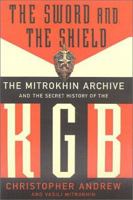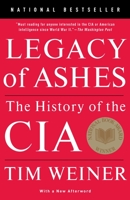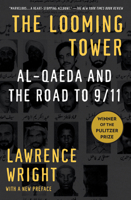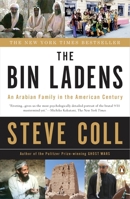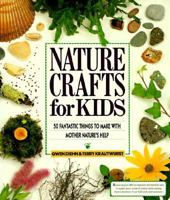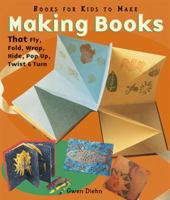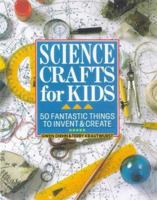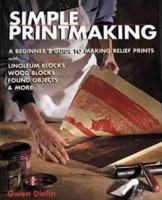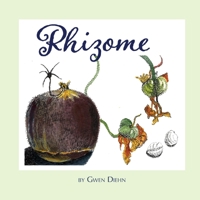The Secret War with Iran: Israel and the West's 30-Year Clandestine Struggle
Select Format
Select Condition 
You Might Also Enjoy
Book Overview
Customer Reviews
Rated 5 starsMaking meaning and not merely another pretty book
Given the popularity of scrapbooking and memory books, which has spawned an industry of kits, supply stores and weekend seminars, I at first mistook THE DECORATED JOURNAL from its title as belonging to this trend. In fact, this book can well serve that audience because it encourages crafters to seek original artistic expression and materials. THE DECORATED JOURNAL is also valuable as a fine arts resource because it is talking...
0Report
Rated 5 starsI love this Book!
I thought The Decorated Page was a great book and had checked it out from the library so many times that I decided to buy it. When I saw The Decorated Journal advertised, and read other reviews, I knew it would be good. I wasn't disapointed. It's every bit as good as the first and maybe better. I especially like the book binding portion in the back of the book. My favorite journaling book so far. I would highly recommend this...
2Report
Rated 5 starsVery Rich and Detailed
This book brings a lot to the table! I was really amazed at how much there is to read, learn and digest from this wealth of information. It has simple descriptions of materials, techniques and styles, many of them charted out to compare easily. It gives you many reasons to create a personal art journal, helping those who have problems deciding where to start, like me. It may daunt those who don't feel they have any drawing...
0Report
Rated 5 starsAmong the very best for journalers!
A new book by Gwen Diehn is like freshly discovered wine: rich, pungent and colorful. Not only does Ms. Diehn know how to make a book, she excels at writing one. I spent an entire hot summer day savoring the words and images in Decorated Journal. This book is a feast for the journal maker and perhaps a lifesaver for the novice. From page one, you are taken on a journey that covers materials, journal writing and the history...
2Report



















